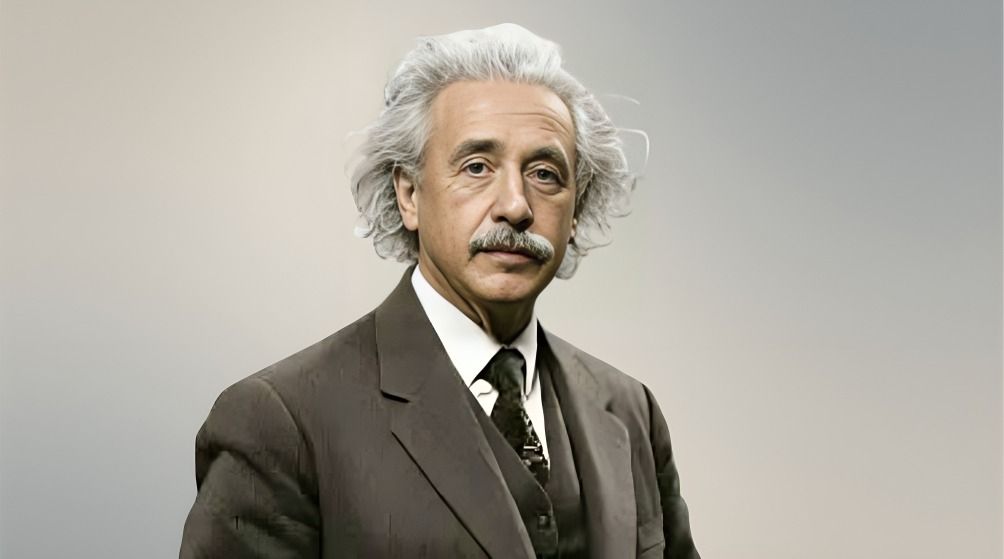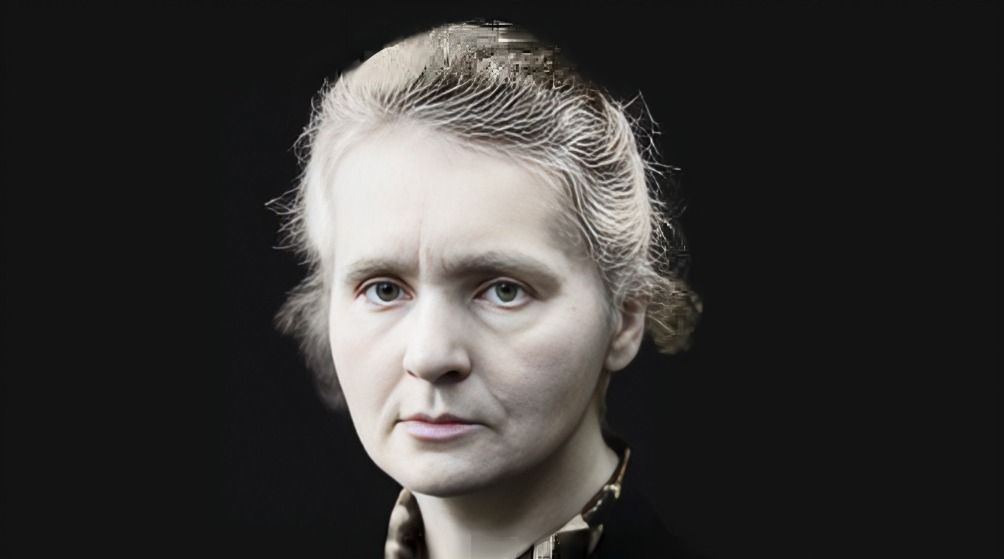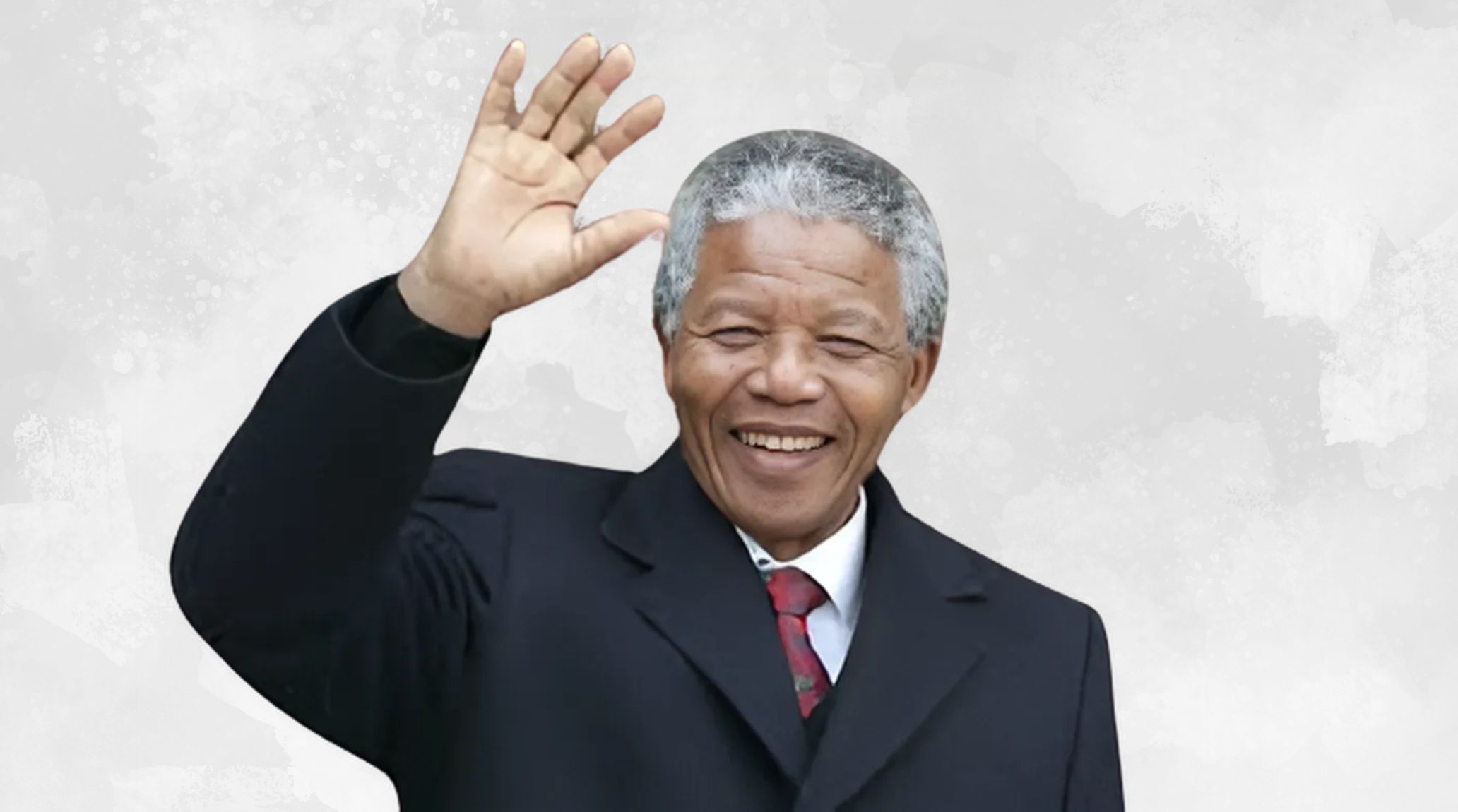
“
Nelson Mandela’s leadership legacy is a story of remarkable resilience, compassion, and unyielding dedication to justice. This article delves into startling facts about Mandela’s legacy, exploring how he shaped South Africa’s democracy, inspired generations, and left an indelible mark on global leadership. From his influential speeches to his work post-presidency, these 20 facts illustrate the depth of his impact and his role as a beacon of hope and transformation in times of profound challenge and change.1
1
”
Nelson Rolihlahla Mandela, born on 18 July 1918 in Mvezo, South Africa, was a civil rights activist and the first black President of South Africa. He passed away on 5 December 2013. 1
Nelson Mandela studied diligently, attending the University of Fort Hare and later the University of the Witwatersrand in Johannesburg. He qualified as a lawyer in 1942 at age 24. 2
In 1944, Nelson Mandela joined the African National Congress (ANC), believing in equal rights for all people, regardless of skin color, and supporting the struggle for justice and equality in South Africa. 3
Nelson Mandela endured 27 years in prison for opposing apartheid in South Africa. Despite harsh conditions designed to break his spirit, he remained steadfast in his fight for equality and justice. 4
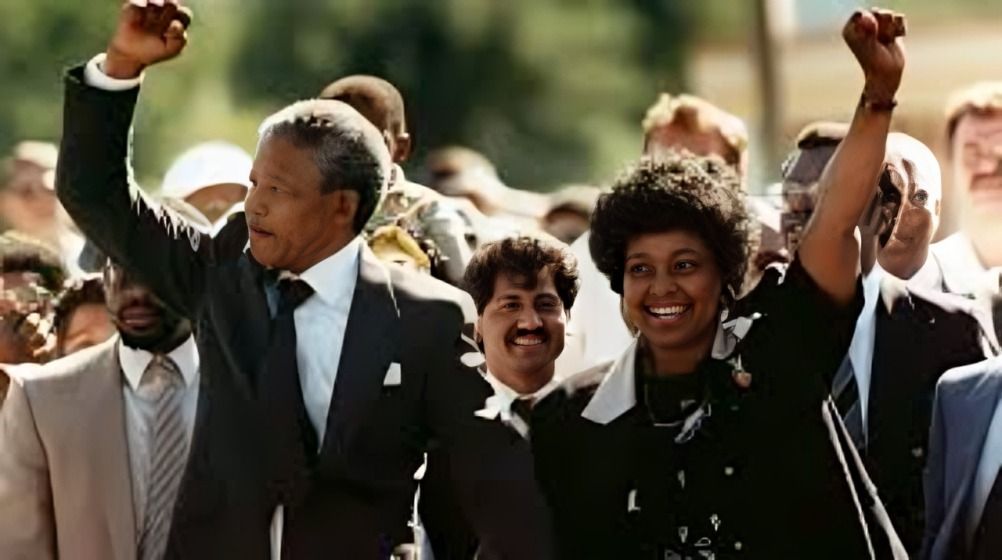
Upon his release in 1990, Mandela negotiated with President F.W. de Klerk to end apartheid peacefully. Their collaboration earned them the Nobel Peace Prize in 1993 for their shared vision of unity.
Nelson Mandela was inaugurated as South Africa's President on 10 May 1994, marking the end of apartheid. His presidency, from an anti-apartheid activist to a political leader, lasted until 14 June 1999. 5
Mandela established the Truth and Reconciliation Commission (TRC) to address apartheid-era crimes. This unique approach allowed victims and perpetrators to confront South Africa's painful past, promoting healing openly. 6
He chose not to seek a second term, honouring his commitment to democratic principles. This decision set a powerful example in African politics, promoting peaceful transitions of power. 7
Mandela prioritized education, famously saying, "Education is the most powerful weapon to change the world." He established the Nelson Mandela Institute for Education and Rural Development to uplift impoverished communities. 8
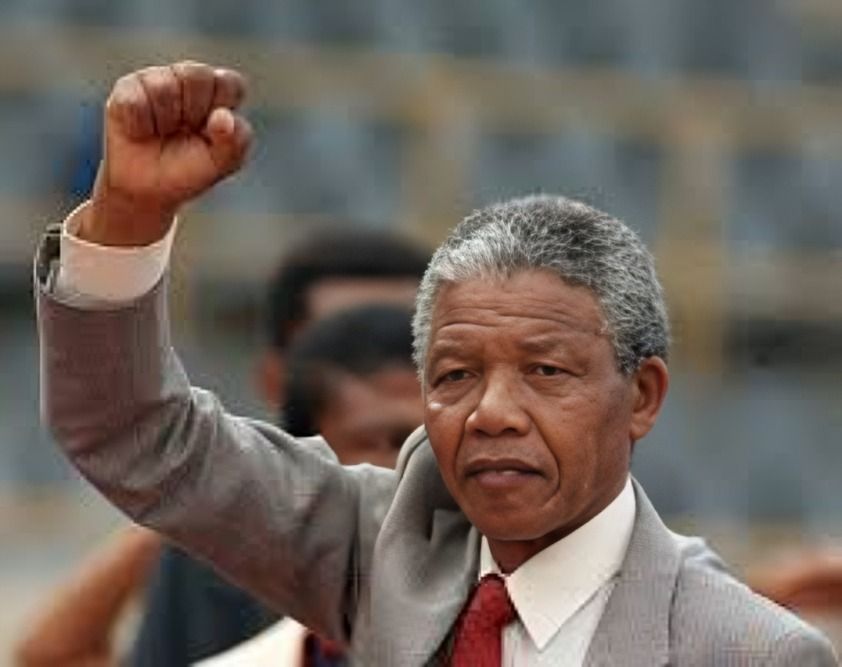
Mandela emphasized women's rights, advocating for gender equality in his policies. He believed women were essential to rebuilding South Africa, empowering them through education, healthcare, and social programs.
Mandela used sports as a tool for reconciliation. He supported South Africa's hosting of the 1995 Rugby World Cup, which united the nation and symbolized a step toward racial harmony. 9
He was a strong advocate for global HIV/AIDS awareness. Despite personal losses to AIDS, Mandela spoke out to destigmatize the disease, promoting treatment access and public health education. 10
Mandela received over 250 awards, including the Bharat Ratna, India's highest civilian honor, and the U.S. Presidential Medal of Freedom, recognizing his worldwide influence and dedication to human rights. 11
Mandela’s lifelong fight for equality extended globally. He supported struggles against racial injustice in Palestine, Kashmir, and other regions, reinforcing his vision of a just world.12
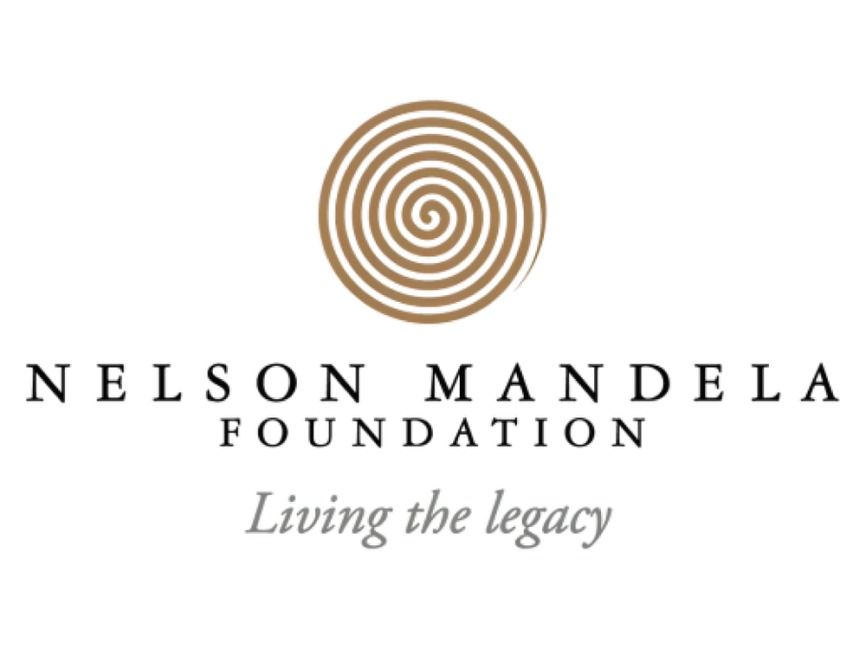
The Nelson Mandela Foundation, established in 1999, continues its legacy by promoting its values of justice, freedom, and human dignity through social justice initiatives worldwide.
Mandela emphasized the power of forgiveness, asserting that holding grudges harms oneself. His willingness to forgive shaped South Africa’s post-apartheid healing and inspired leaders worldwide. 13
Mandela authored "Long Walk to Freedom," his autobiography detailing his life, struggles, and philosophy. The book became a powerful account of the anti-apartheid struggle and inspired millions. 14
Mandela’s “Madiba shirts” symbolized his non-traditional leadership style. These brightly coloured shirts broke from typical formal attire, showing his humility and connection to the people. 15
Mandela’s birthday, July 18, is commemorated globally as Nelson Mandela International Day. People worldwide volunteer and contribute to community service, honoring his legacy of selfless service. 16
Mandela’s vision of freedom and justice inspired leaders across generations. His legacy continues to influence political movements worldwide, embodying the ideals of courage, unity, and lasting change. 17

